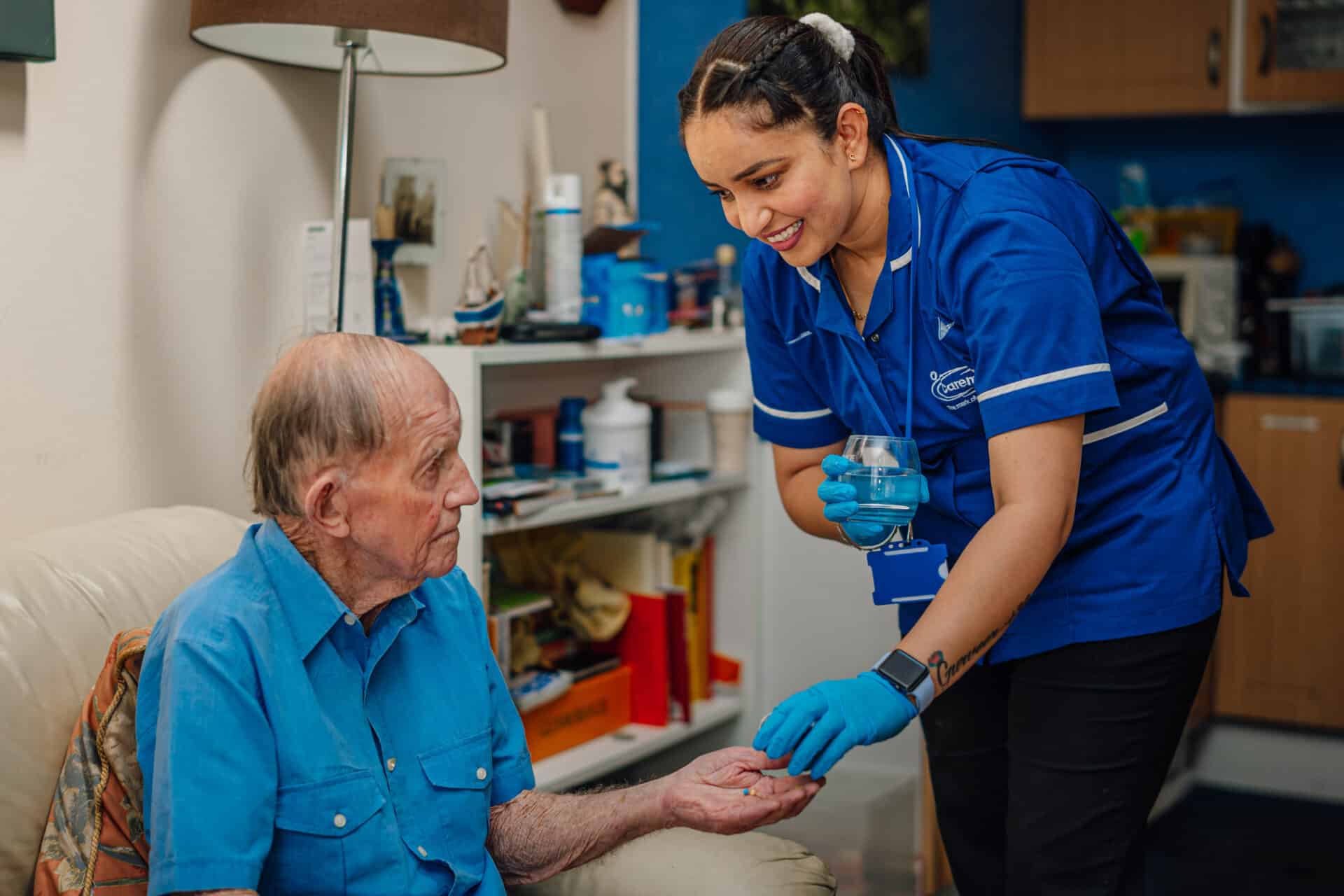Surrey Joins Groundbreaking UK Trial to Diagnose Dementia Through Blood Tests

A major new dementia research trial has launched in Surrey, aiming to revolutionise how dementia is diagnosed across the UK. Backed by Alzheimer’s Society, the study is exploring whether a simple blood test could provide faster, more accurate dementia diagnoses.
Led by Dementias Platform UK (DPUK), the trial forms part of the Blood Biomarker Challenge—a pioneering initiative designed to assess whether blood tests can support and improve current diagnostic processes in NHS memory clinics.
According to Alzheimer’s Society, this “groundbreaking” research could pave the way for blood tests to be integrated into routine clinical practice within the NHS. “This study will generate the critical evidence needed to implement blood-based diagnostics, helping speed up and improve the accuracy of dementia diagnosis,” the charity said.
The Blood Biomarker Challenge is a multimillion-pound programme, jointly led by Alzheimer’s Society and Alzheimer’s Research UK, with funding from players of the People’s Postcode Lottery.
Researchers will evaluate both new and existing blood tests across various forms and stages of dementia. The project also aims to understand how test results may vary depending on a person’s ethnic background or other health conditions—ensuring that future diagnostic tools are inclusive and effective for all patients.
The first participants joined the trial in Oxford in January 2025. Over 3,100 volunteers will eventually be recruited from 28 DPUK-affiliated research sites nationwide, including those in Surrey.
Professor Ramin Nilforooshan, a consultant psychiatrist at Surrey and Borders Partnership NHS Foundation Trust, commented:
“We’re entering an incredibly exciting era for dementia research. With new disease-modifying treatments now licensed by the MHRA, it’s vital that people receive a timely and accurate diagnosis to access them.”
He warned: “It would be disastrous if patients missed the window to benefit from these treatments simply because they weren’t diagnosed early enough.”
This innovative study could mark a turning point in dementia care—bringing hope to thousands of families affected by the condition across the UK.